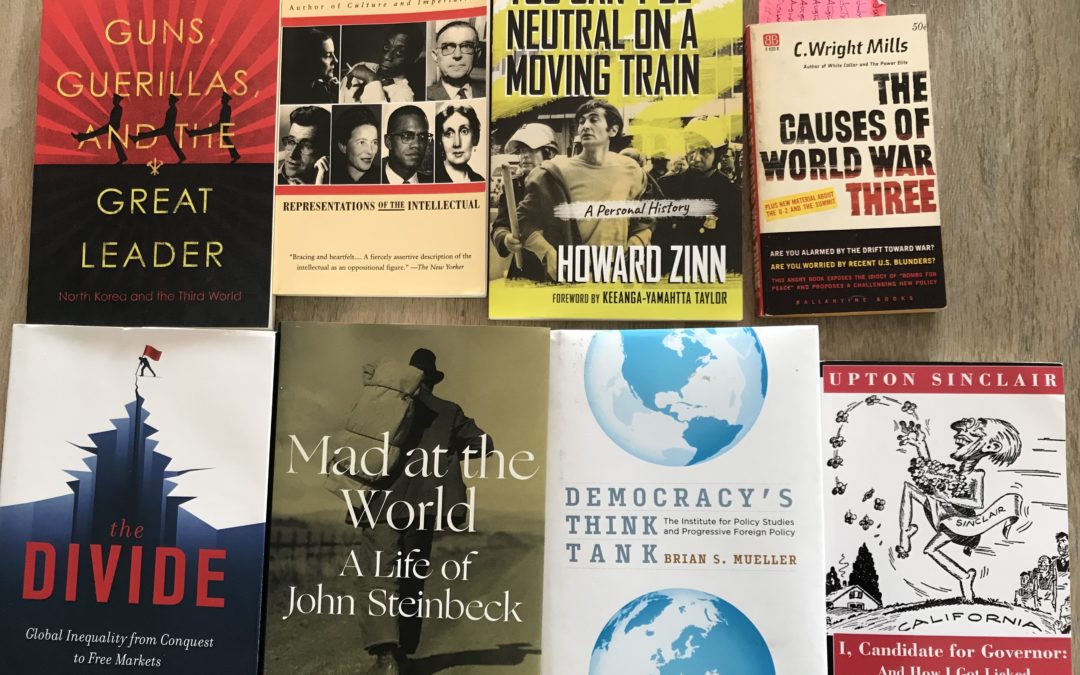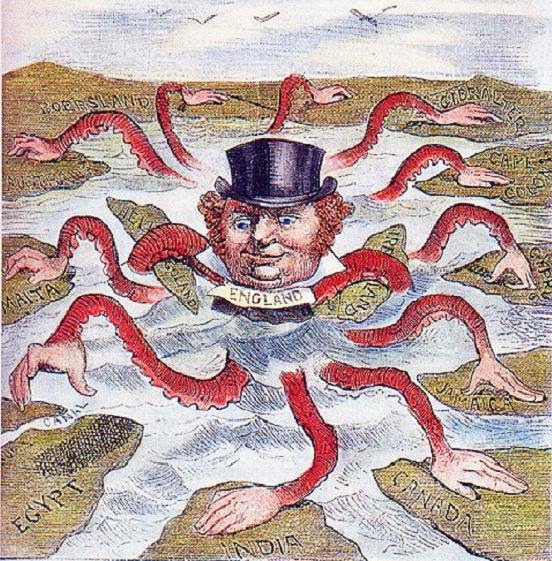I read a lot of crap this year, but the good stuff was really good. The Causes of World War Three, by C. Wright Mills This book is from 1961, just after Mills's famous "Letter to the New Left" and just before the Cuban Missile Crisis. The book basically predicts the...



